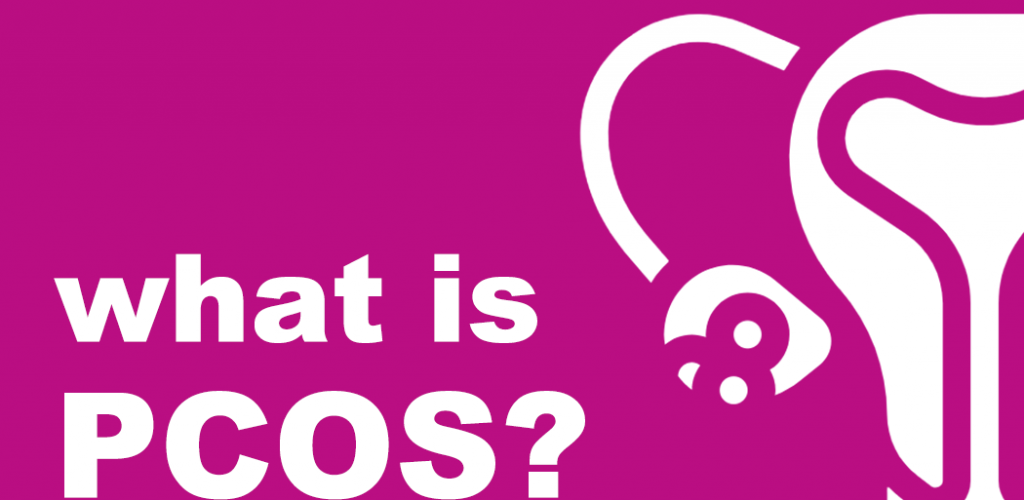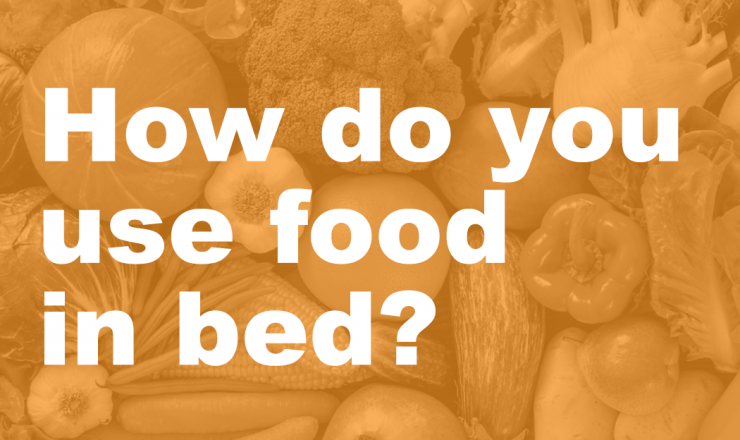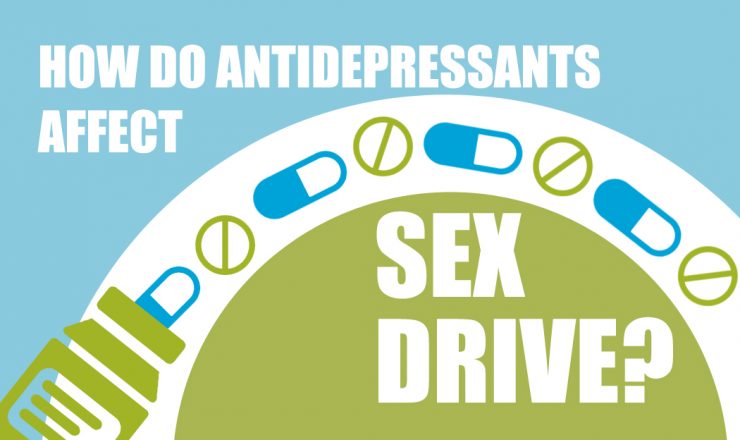

Polycystic Ovary Syndrome (PCOS/Polycystic Ovarian Disease) is a hormonal disorder that affects 6-10% of people with ovaries.
PCOS causes ovaries to produce higher amounts of androgens. This causes eggs in the ovaries to develop into cysts (small liquid-filled sacs). The cysts contribute to hormone imbalances, as well as build up and enlarge the ovaries. If left untreated, PCOS can potentially lead to diabetes or heart disease.
It is not 100% clear how people get PCOS. Research does indicate that PCOS seems to be genetic, since your chance of having it is higher if other people in your family have PCOS or have irregular periods or diabetes (It can be passed down from either parent’s side). Some researchers think that it may be caused by high insulin production. When too much insulin is produced, the body releases extra androgens.
PCOS symptoms often appear in a person’s early teens, around when you’d start getting your period, but it’s also possible that symptoms don’t start appearing until your 20s or 30s.
Common symptoms of PCOS can include:
This can be a wide range of problems, from having few or no periods all the way to heavy and irregular bleeding.
This can cause an increase in blood sugar and lead to diabetes. This can also cause skin tags, weight gain or difficulty losing weight, breathing problems/obstructive sleep apnea.
This includes experiencing hair loss from your scalp, and/or growing hair on your face, chest, back, stomach, thumbs, or toes.
It is common to experience anxiety or depression if you have PCOS. This can be a symptom of the hormonal imbalance, or from the stress of managing other symptoms.
There are a number of possible skin conditions you may experience, including developing:
This can include not ovulating (not releasing an egg), getting pregnant but having repeated miscarriages, or permanent infertility.
If you are experiencing any of the above symptoms, it’s generally recommended that you check in with a clinician. These symptoms overlap with symptoms for other conditions, and the only way to diagnose or rule out PCOS is to see a clinician.
No single test can show that you have PCOS. To diagnose it, a clinician will:
There is no cure for PCOS. Some treatments will involve medications or medical procedures that you will need to see a clinician for, and some treatments will be lifestyle changes that you’re able to manage on your own. The treatments you explore will depend on your symptoms.
It’s common for clinicians to prescribe birth control pills to reduce symptoms and help you have a more predictable menstrual cycle. They may prescribe fertility medicines or procedures if you are having trouble getting pregnant. Other options could include hormone therapy, or potentially even surgery.
| Managing Symptoms! |
| Birth control pills in this case are being prescribed to regulate your menstrual cycle. Symptoms of PCOS will come back if you stop taking the pill. Birth control pills being used to treat PCOS do still prevent pregnancy. |
Hormonal treatments don’t address symptoms, like blood pressure, cholesterol, and diabetes risks. To treat those, you and your clinician might explore lifestyle changes like:
Regular exercise, whether it’s going for a walk, playing a sport, or going to the gym.
Eating lots of heart-healthy foods (vegetables, fruits, nuts, beans, whole grains, etc.), Limiting high saturated fats (meat, cheese, fried foods) or processed foods with high sugar.
Smokers have higher levels of androgens
For some people, losing a bit of weight can help with hormone balance, as well as address risk factors for things like diabetes or heart disease. A healthy weight management plan would balance things like a healthy diet, exercise, medications, etc. How you pursue this strategy might depend on whether or not you have a body-positive clinician or dietician.
If you are concerned about acne or hair conditions, those can be managed using non-prescription methods. Sometimes acne is treated as a side-effect of going on birth control. Unwanted hair can be removed by shaving, waxing, plucking, or electrolysis.
| Your Body, Your Choice! |
| You don’t have to get rid of acne or treat you hair conditions if you aren’t bothered by them! For more on navigating body feelings, please see our Body Positivity page. |
It’s generally recommended to check in with a clinician if you are experiencing symptoms of PCOS. While PCOS cannot be prevented, early diagnosis and treatment helps prevent long-term complications.
Regular checkups are important for catching PCOS complications, such as high blood pressure, high cholesterol, uterine cancer, heart disease, and diabetes.
Your family doctor can diagnose and treat PCOS, but you may also get referred to other specialists.
If you are experiencing severe vaginal bleeding (passing clots of blood and soaking through your usual pads or tampons every hour for 2 or more hours), you should check in with a clinician immediately.
| NOTE |
| As with most resources involving ovaries and periods, pages about PCOS often use very gendered language when it comes to talking about who experiences symptoms. |
If you have questions about this topic, feel free to contact one of our peer educators. [Link]
Last Updated: May 2020

Using food during sex is a really common fantasy combo! For those interested, this post has a few things to consider.

Please note that the number we use for texting has now changed. Any text messages sent to our old number will not be read or received. We can be now reached by text at 647-905-6455. Currently we are only able to receive text messages during the times that our lines are open which are: Monday to […]

Antidepressants are commonly prescribed as a way to treat mental health conditions, but how do we navigate the ways they might interact with our bodies or our sex drives?